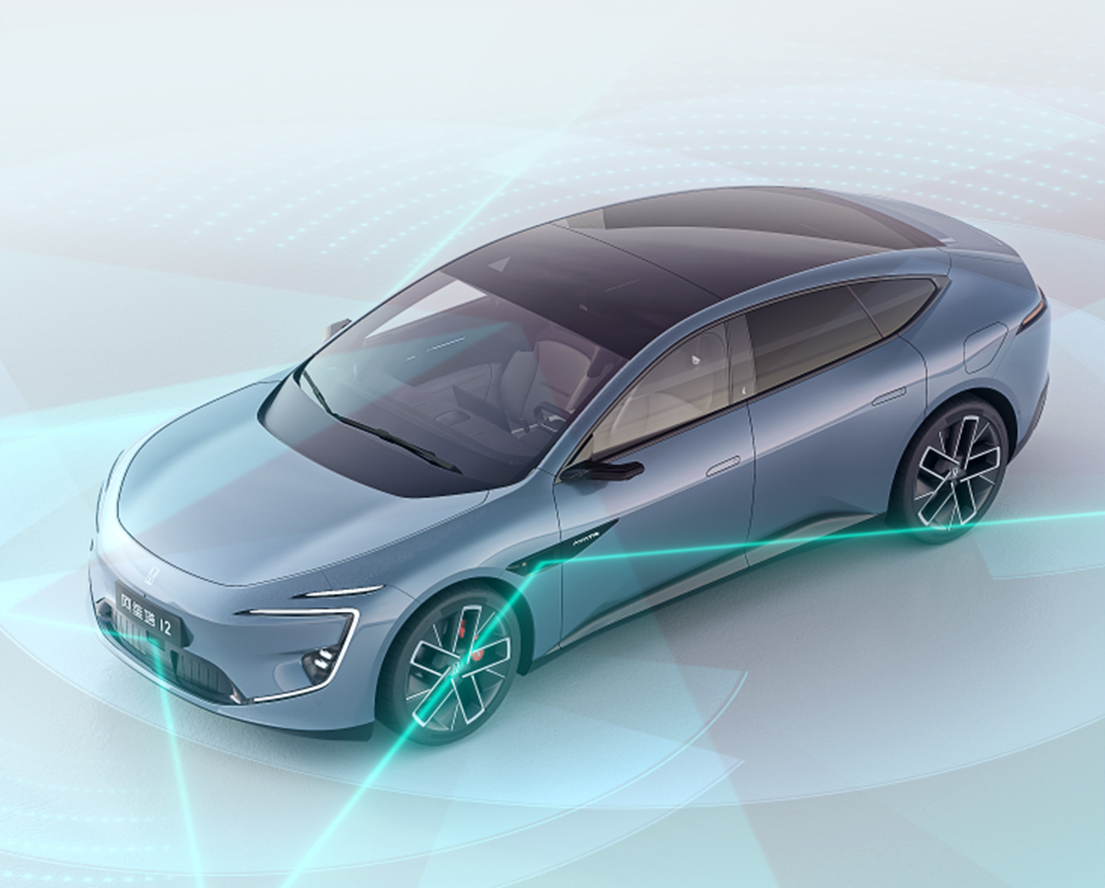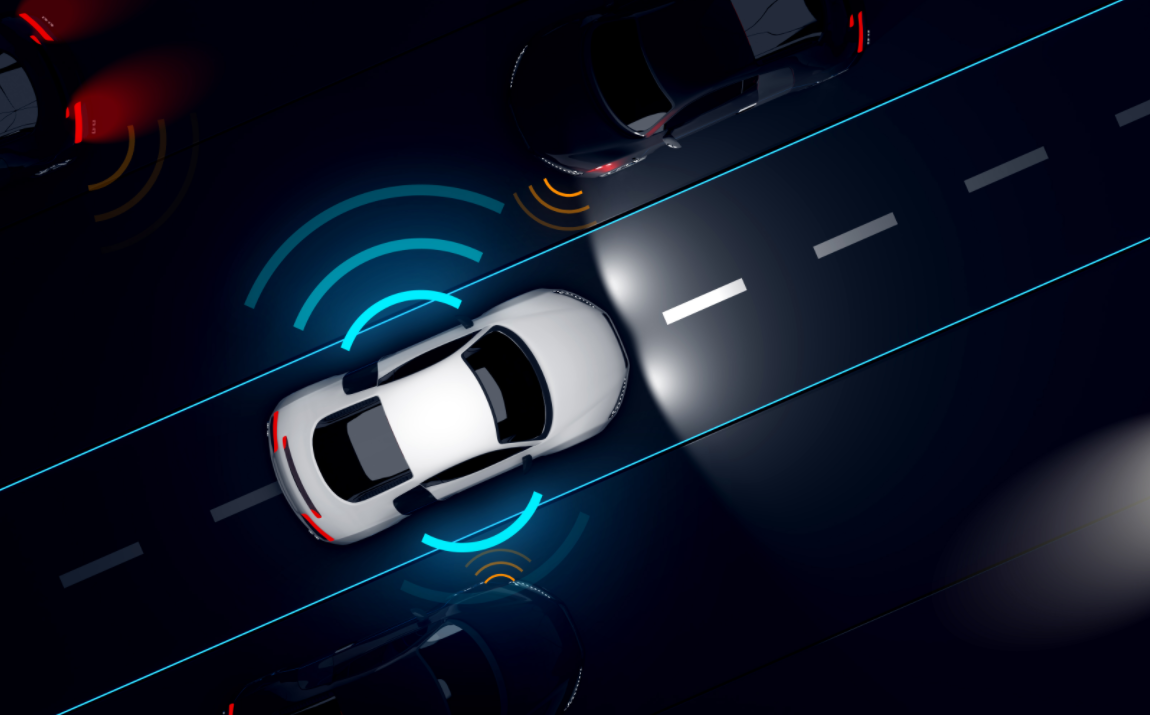
The latest information from regulatory authorities and research institutions at the 2024 World Intelligent Connected Vehicles Conference in October reveals that Level 2 combined driving assistance has been widely adopted, with a penetration rate of 55.7% for new passenger cars in China between January and June this year. The safety requirements system for Level 3 and higher autonomous driving is now well-established, and mainstream automakers have developed security protection capabilities to support the widespread application of autonomous driving. Globally, there is accelerated research and development of Level 3 and higher intelligent connected vehicles. Germany and Japan have already approved vehicle models equipped with Level 3 autonomous driving functionality, while in the United States, vehicles with Level 3 autonomous driving capability are allowed on the roads.
However, just before the release of the L3 level new car, legal issues arose regarding its 'automatic parking' function. Avatr recently faced a lawsuit over its 'parking valet' feature. The reason behind this is that Ms. Ren from Chongqing witnessed multiple instances of an Avatr car autonomously driving and parking itself in her underground garage without a driver present. Concerned about potential accidents and unsure about liability, she filed a lawsuit against Avatr hoping for intervention by relevant authorities.
The car owner explained that they were testing the "parking valet" function of the new Avatr model and intentionally maintained a distance to evaluate the vehicle's response. Furthermore, they mentioned their intention to utilize this feature once it is released by the manufacturer.
In response to this incident, Avatr officials quickly sparked new thinking: Will there be more debates and disputes like this before L3-level autonomous vehicles are officially allowed on our roads?
The users still need to control risk by themselves
As early as 2016, Tesla achieved 'automatic parking', and now this feature is widely popular in car models with advanced intelligent driving capabilities.
The lawsuit against Avatr was triggered by the "valet parking assist" function in their parking system. It's important to note that this function is still an "assist" and doesn't eliminate human control, meaning it remains a Level 2 parking feature.
Regarding Ms. Ren's feedback, Avatr promptly contacted both parties involved in the incident and facilitated communication. They also apologized to the relevant residents and car owners. According to their response, this incident occurred during Avatr's "parking valet" feature, where users can specify a target parking spot within a designated parking lot for their vehicle to navigate autonomously and park itself. Users can also summon their vehicle to a specified location for pick-up.
The 'parking valet' function, along with all our other intelligent driving features, falls under Level 2 autonomous driving, which is considered as an auxiliary driving function," said Dong Zhihua, Director of Avatr Intelligent Driving. He further emphasized that users should have a detailed understanding and make their judgments on usage scenarios and risk control after careful consideration.

Industry insiders in auto driving have stated that drivers using features like automatic parking and unmanned valet parking must be aware of their surroundings and vehicle conditions. If there are no system failures or quality issues with the vehicle, the driver is responsible for any damage caused to others' rights and will be held accountable under relevant laws if a serious accident occurs. However, current vehicles with intelligent driving functions comply with national laws and do not have mandatory regulations prohibiting their use.
The intelligent driving regulations will be perfected
Currently, in the field of new energy vehicles, autonomous and unmanned intelligent driving have become selling points for many new players in the car manufacturing industry. They are also core factors to attract market users. However, with the widespread adoption of intelligent driving, various safety accidents have emerged involving test cars from companies like Tesla, Uber, NIO, and Li Auto.
According to laws and regulations, mass-produced autonomous driving functions are currently classified as "driving assistance" rather than fully autonomous driving. Therefore, all existing functions essentially belong to Level 2 (L2). As a result, no company directly advertises Level 3 (L3) autonomous driving capabilities. This is also why there are concepts such as "L2+", "L2.5", and even "L2.9". However, they ultimately lack L3-level functionalities.
Currently, China has initiated L3-level pilot programs in certain regions and cities and allowed the operation of L4-level Robotaxis, but there hasn't been a formal legal opening for L3 autonomous passenger vehicles yet.

The lawsuit highlights the contrast between the rapid development of autonomous driving technology and slow progress in laws and regulations. In July, the Beijing Municipal Commission sought public opinions on draft regulations to support autonomous vehicles in urban transportation, including clear provisions for determining liability in accidents.
The draft proposes that traffic violations during road travel be handled by the public security traffic management department according to existing laws and regulations. If there is a driver, they shall be dealt with according to law; if there is no driver, then the vehicle owner and manager of the vehicle shall be held accountable.
After implementing a joint notice issued by four ministries in November last year, Avatr, Changan, Mercedes-Benz, ARCFOX, BMW, and IM became the first batch of domestic enterprises to obtain Level 3 testing licenses for intelligent connected vehicles.
The document states that if a traffic accident occurs without activating the car's autonomous driving, liability will be determined according to existing regulations. If insufficient insurance compensation is provided when the car's autonomous driving is activated, responsibility will be determined based on traffic rules. This means that in the future, with the release of Level 3 and Level 4 functions, automobile manufacturers will also assume responsibility and bear relevant liabilities.
Since 2022, over ten Chinese cities have implemented legislation for autonomous driving, such as the Shenzhen Special Economic Zone Intelligent Connected Vehicle Management Regulations and the Wuhan Intelligent Connected Vehicle Development Promotion Regulations. In November 2023, various departments, including the Ministry of Industry and Information Technology, permitted Level 3 and Level 4 intelligent-connected vehicles to access and operate on roads. However, Volkswagen has not yet deployed vehicles at these levels.
Meanwhile, current legislation on autonomous driving remains limited to local levels, lacking clear national laws and regulations. Some experts argue that intelligent driving technology has been developed for many years and is now on the verge of implementation. Therefore, legislative efforts should be expedited to avoid impeding technological progress and hindering consumer access to innovative products, ultimately hampering the growth of the emerging technology industry.
Translator:Wei Xiong

 Room 1104,Block B,JingBan Building,6 Middle Beisanhuan Road,Xicheng District,Beijing
Room 1104,Block B,JingBan Building,6 Middle Beisanhuan Road,Xicheng District,Beijing
 (8610)62383600
(8610)62383600
 quanqixiang@carresearch.cn
quanqixiang@carresearch.cn
 京公网安备:11010202007638号|京ICP备17032593号-2|Report illegal and bad information:010-65993545-8019 jubao@carresearch.com
京公网安备:11010202007638号|京ICP备17032593号-2|Report illegal and bad information:010-65993545-8019 jubao@carresearch.com
Legal support:Beijing Yingke Law Firm|All rights reserved, DO NOT reproduce without permission